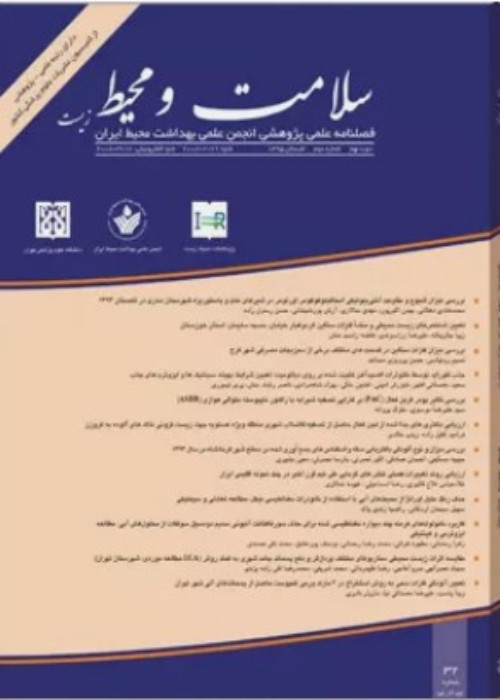A managerial analysis of Iran’s renewable energy development strategies to reduce greenhouse gases and improve health
The present research has been performed to investigate the opportunities and challenges facing the Iran’s renewable energies development to reduce climate change and improve health and represent managerial solutions in power generation sector by SWOT-AHP analysis models.
Using literature reviews and survey, the SWOT was applied to identify internal factors includeding strengths (S), and weaknesses (W), and external factors includeding opportunities (O), and threats (T). The strategies were drived to develop renewable energy in Iran. The proposal strategies were ranked by using the SWOT matrix and analytic hierarchy process (AHP) model.
According to the SWOT matrix calculations, total scores of internal and external factors were found as 4.1 and 4.4 of 5, respectively, which show high potentials of internal factors and opportunities. The most importannt factor of strengths (S) was found to be the great potentials of solar energy sources in Iran. The main priority of opportunities (O) is supportive laws to encourage the private sector. The most important weakness (W) was lack of comprehensive knowledge of managers and politicians about the benefits of renewable energy. The main threats (T) were low tendency of private invests, unpredictable inflation in Iran, and low prices for fossil fuels.
The results of this research represent in four categories of SO, ST, WT, WO strategies. The important SO strategy is increasing guaranteed electricity purchase tariffs (GEPTs), and creating the renewable energy market. The most important strategies of ST were establishment of the renewable energy fund and assessment of exporting electricity by the private sector. The most dominant strategy of WT was modifying guaranteed electricity purchase contracts. The strategies of WO were found to be as following; convincing government agencies to provide the necessary infrastructure and support for knowledge-based companies.
- حق عضویت دریافتی صرف حمایت از نشریات عضو و نگهداری، تکمیل و توسعه مگیران میشود.
- پرداخت حق اشتراک و دانلود مقالات اجازه بازنشر آن در سایر رسانههای چاپی و دیجیتال را به کاربر نمیدهد.



